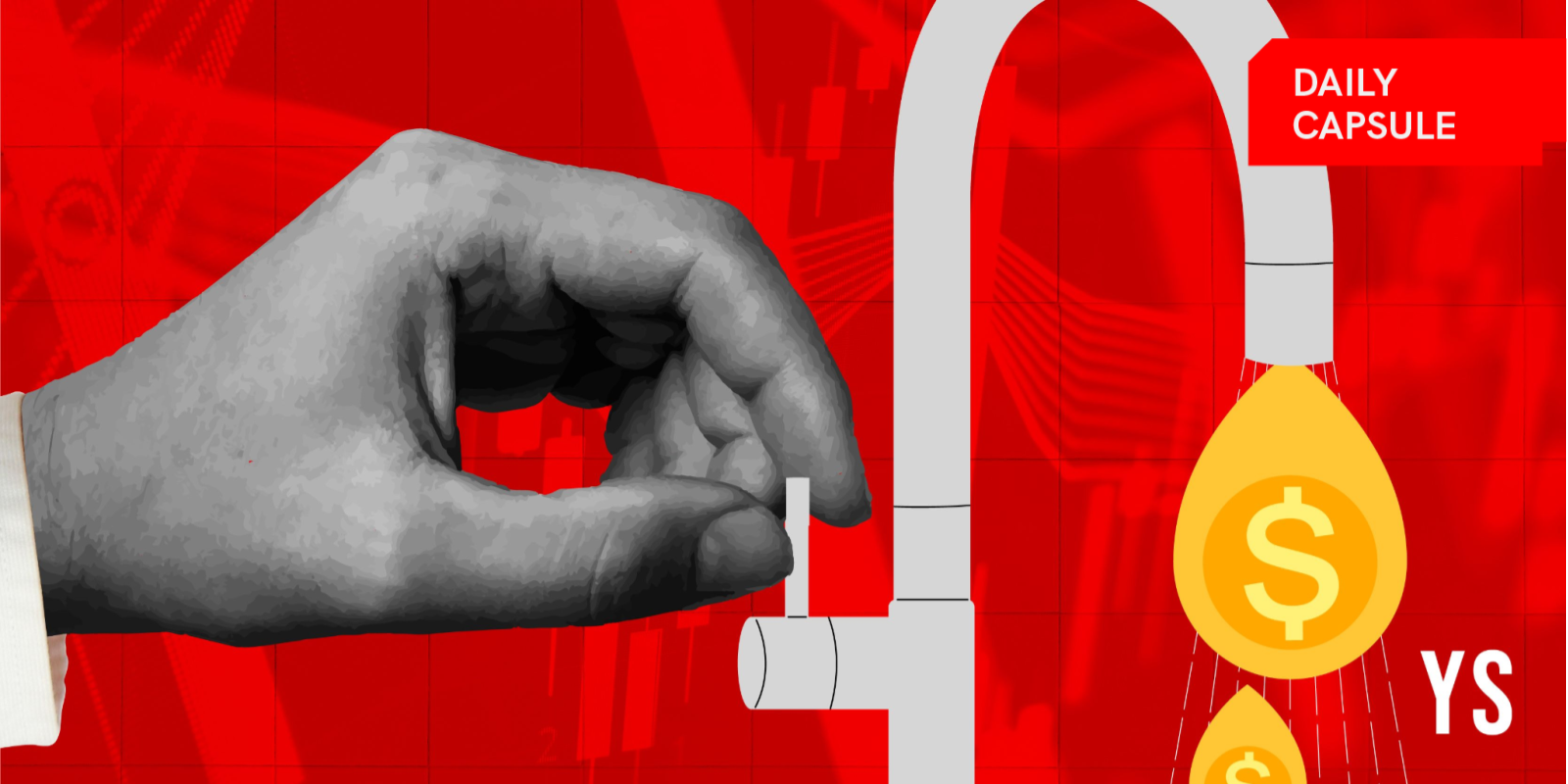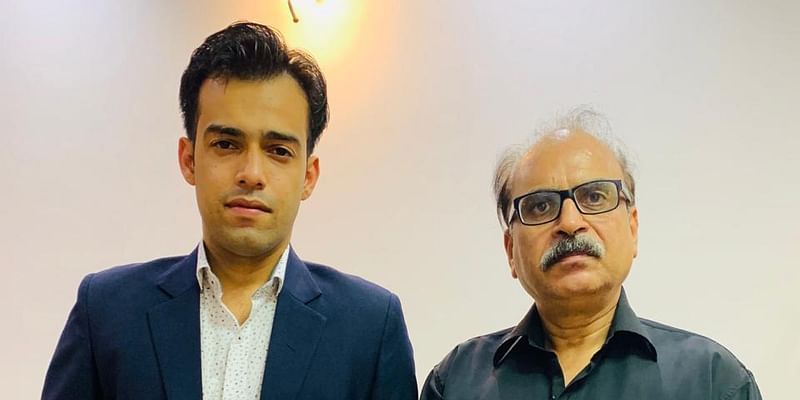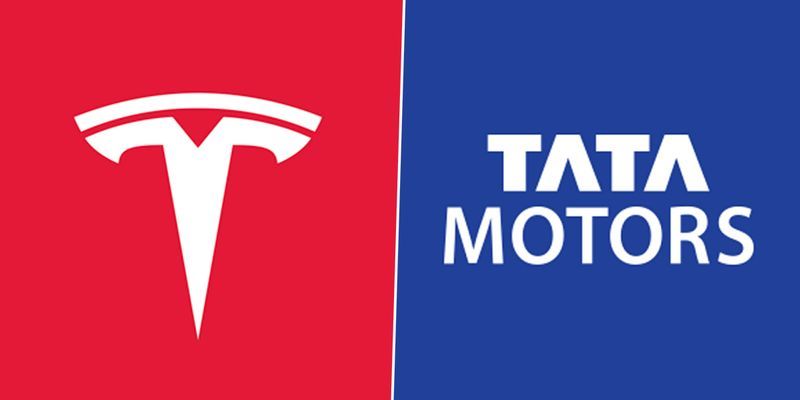
Scene #1. Picture this. Barbeque party, Silicon Valley, the US of A. The who’s who of the corporate world. You. An I-Banker. And he- the entrepreneur.
So who attracts the crowd? Well, he does. An entrepreneur, successful or failed, and with that, I mean ‘in attempts’, is a much celebrated person than the corporate-world guys with a big pay-cheque in the US.
The US Census reported 2,356 people switching to entrepreneurship per day. “Per day”. Now that is a phenomenally huge figure we are looking at when we say ‘per day’. The report also goes about to mention that even though not all of these succeed, their entrepreneurial efforts make up 78% of US small businesses, while the overall income is estimated at a whopping $951 billion per annum!
Scene #2. Back to India.
The liberalization of the economy in the 1990s has cemented the road for many to become entrepreneurs. The possibilities created by today’s comprehensive awareness together with the unfettering of indigenous ventures, has laid a fertile ground for entrepreneurship to thrive on in India. Just to throw some supportive statistics, India is the fifth largest economy in the world and has the third largest GDP in the entire continent of Asia. It is also the second largest among emerging nations. Even then, there is an obvious contradiction.
How encouraging and celebrated is the Indian entrepreneurship scene? Protik Roychowdhury, co-founder of croak.it says, “Hardly.”
“Entrepreneurship related problems in India arise due to the mindsets of the people. Taking risks is not at all encouraged, atleast in middle class families, where a doctor or an engineer is all that parents can see in their children. Sadly, and forgive me for being cliché, but our education system and our society teaches us to be spokes in the wheel instead of being the wheel itself! I have seen people with great ideas stuck in jobs they don't like!” Protik graduated from IIT Kharagpur in 2011 and started his own successful online-media venture by the end of the year. “What I have learnt from my experience is that people around you are always going to be skeptical, raise questions, bog you down or dampen your spirit. You won't be lucky enough to be given the license to do what you want, just as much as you wish you did.”
Needless to say, Indians have great entrepreneurial competence. But what motivates the Indian Entrepreneur? Primarily, an entrepreneur is driven by his or her own desire. He has the fire in him to amble on the unfamiliar path. However, there are other important external factors that affect him positively or negatively. “Market opportunity” is one such important factor. To recognize the niche and understand the need to serve it triggers the entrepreneurial decision of building one’s own venture. Once the market is identified, and there is a will to startup, that’s when the other socio-cultural factors come into picture.
And that’s where the bad news lies.
The society and government are not very motivating towards entrepreneurship. A typisch trait of the Indian society is that of being risk averse. People attain a sense of security in a long-term employment, such as government, corporate jobs or campus-placements. And just like they say about charity, encouragement begins at home.
Shwetank Jain, an XLRI graduate founded his company P2Power, during his engineering days. When he skipped his college placements to materialize his dreams, his parents did not quite encourage the idea. "Are you crazy? Do you even know what you are getting into? Who else is with you? It’s easier said than done!" is how they’d react. And all he had to say was "I dont know, I will figure out! No one is with me. That’s what I really want to do!"
That’s how it all started with nothing except faith. “I just took a big leap of faith driven by pure passion. Things were never the same post that. No one could stop me from proving myself to anyone.” he speaks in retrospect.
More often than not, the social stigma surrounding entrepreneurship nips it in the bud. Students who skip campus placements to tread on their own visions are often questioned by their family and social-groups.
Bluegape.com founder Sahil Baghla recollects, “I was very much convinced that even if my startup weren't profitable or won't be able to raise any investment, I would work on bluegape for next 2 years. So I went to my parents and said- Give me 2 years as I believe I can build a company where 100 rockstars will be working with me to make something great, otherwise I will do whatever you want me to do.”
Within six months they were profitable as well raised funding from Times Incubation.
Besides, there aren’t many support groups, institutions or organisations to motivate entrepreneurship in India. Not that they need a training course to become an entrepreneur per se, but they do want to be coached and mentored. Even though the eco-system is now evolving, the Government needs to encourage people to become entrepreneurs, as business owners and founders could deliver noteworthy benefits to the economy in the long-term. Once an entrepreneur has cracked a successful business-model, he shall go and work with other start-ups down the track, and thereby shore up in developing a business community.
“While the funding scene in India, especially the seed and early stage, is not comparable to US yet, it has been getting better. One aspect where it lacks behind significantly is the support for products that are a technology play. On one side, everybody complains about the lack of technological innovation from India, but on the other, investors are not ready to support early stage technology and ask for a reasonable degree of market success - while fully knowing that cutting-edge technology usually has a longer lead cycle before it can succeed commercially.” says Amarpreet Kalkat, founder of CIAFO. “For our product Frrole, more than one VC/Angel has told us that ‘we would be better off looking for funding in Silicon Valley than here in India.’
It’s very sad that we don’t see a higher number of technologists-turned-investors emerging, whose perspective is closer to that of the Valley investors, as of today.”
The Indian market needs to fill in this lack of encouragement in order to boom. In India, the journey is not respected. Everyone questions, eyeballs roll. Encouragement from family is not there and financial support is hard. The Indian entrepreneurs don’t get the same protection like in US, and our bankruptcy laws are also unfavorably different. Even worse, a failed startup is deemed as a résumé black-spot. Which means, the plan A bombs the Plan B.
So my only modest appeal to the government, the society, the family, the friends, the in-laws, husbands, the wives and girlfriends- , please understand that you are needed by his/her side. It doesn’t mean you share their vision, nor their passion. But just let them know that it's okay to be an entrepreneur. That it's okay to walk the unbeaten road, take a calculated risk and put it into something productive. Respect and honour the courage. Award the journey and not just the end-result. Because it’s an opportunity of not once in a decade, but once in a lifetime.
So even though the society needs him, he needs you.
Get up. Give him a hug.
-Abhilasha Dafria











![[The Turning Point] Why pay brokerage? The idea that led to real estate startup NoBroker](https://images.yourstory.com/cs/2/730b50702d6c11e9aa979329348d4c3e/NoBroker-1587120686615.png)